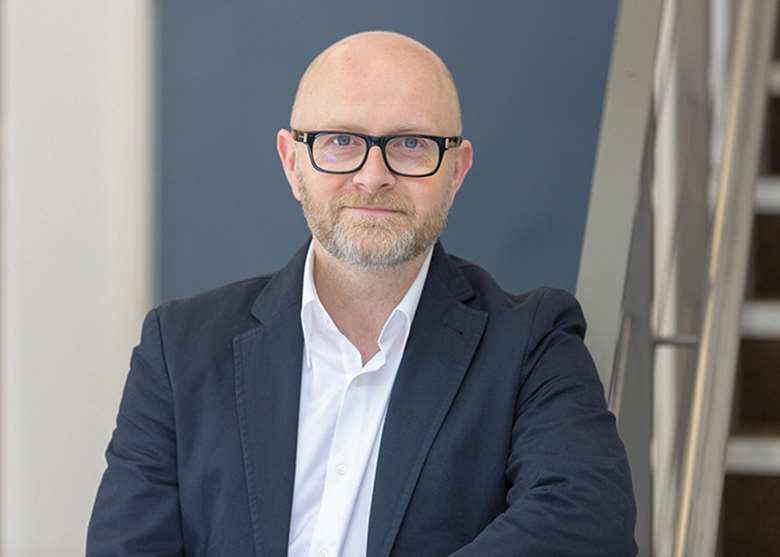Considering the new DfE EYFS consultation
James Hempsall
Monday, June 12, 2023
DfE is currently consulting upon changes to the EYFS.

It seems to me the proposals in the consultation contain a big boost to the recognition of the uniqueness of childminders.
One size does not fit all when it comes to EY and childcare provision. Therefore, a differentiated approach in how guidance is presented seems eminently sensible. One for childminders working in a home-based environment, and one for groups and schools. Childminders in particular, always tell me they would like things to be explicitly clear and situated in their professional context and environment, so they do not have to filter out all the things that simply do not apply to them.
We all have a role in promoting childminding services and informing parents and professionals with whom we work that the same EYFS standards and deliverables apply. None of us want childminding to feel and look more segregated from other colleagues and settings in the childcare sector.
And so, it is important we take this opportunity to strengthen and not weaken our resolve and mission.
The consultation is wider than that, and includes some terminology changes, clarifications, and updates to ensure we are in line with new or emerging legislation or technology. They also include using kitchen spaces in a childminder’s home and displaying certificates. They seem to be minor details without significant issues.
In contrast, I have noticed some great strides in the first two years since EYFS reform where evidence collection has become less burdensome, giving more power and control to the practitioners’ discretion and more devoted time to quality practice. There are some very happy practitioners out there. However, there remain some evidence needs, and those working with children with SEND know that more than others. We are all aiming for that fine balance.
The proposal to move FROM: one staff for every four two-year-olds; at least one L3; and half of others L2, TO: one staff per every four two-year-olds; at least one L3; and 30-40 per cent L2, has come from sector feedback. It sounds like this aims to allow for a little more provider flexibility, and I guess has the opportunity to benefit all types and sizes of setting. Again, providers will have their flexibility and choice within the parameters. I hope I am right in this is more of a guide and option, rather than a requirement.
It is proposed to remove the barrier of L3 staff to have a L2 maths qualification, and to place that onto managers instead. You may have noticed the responses to this proposal are interesting, particularly in the way maths is perceived. We all have a duty to support children in seeing the world mathematically and digitally - which requires leadership knowledge and recognising the professional importance of realising that we do teach algebra and trigonometry early education. The workforce would do well to fall deeper in love with maths within an early years context. Something for the to-do list that one.
The wonderful thing about the early education and childcare sector is its diversity. It is best practice that matters, not the name of the building it happens in. Equal value should be placed upon all our different parts, as we are all working towards the same goals. Goals that change to achieve modern, current and stretching practice and outcomes.
James Hempsall is director of Hempsall’s consultancy.




